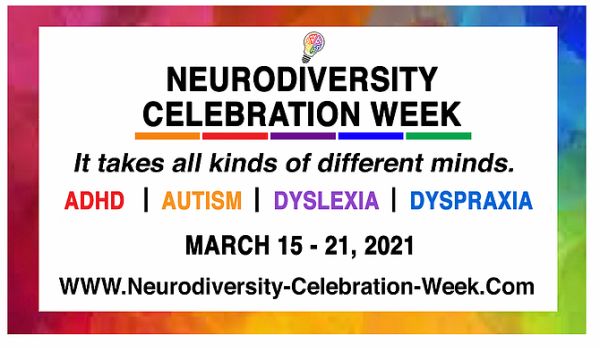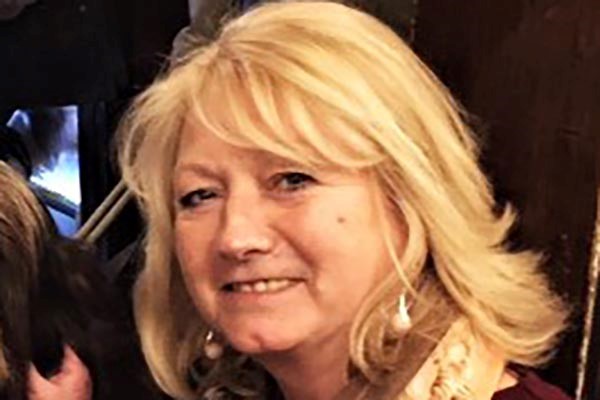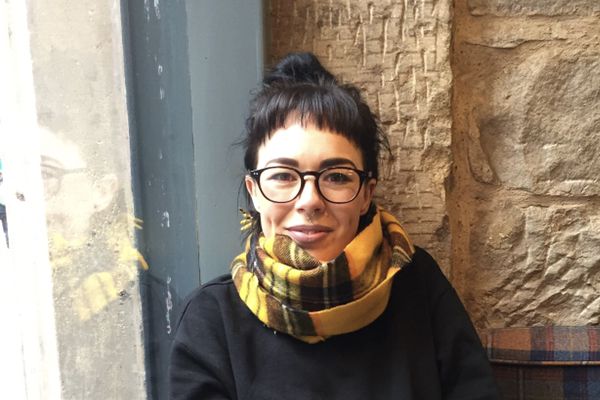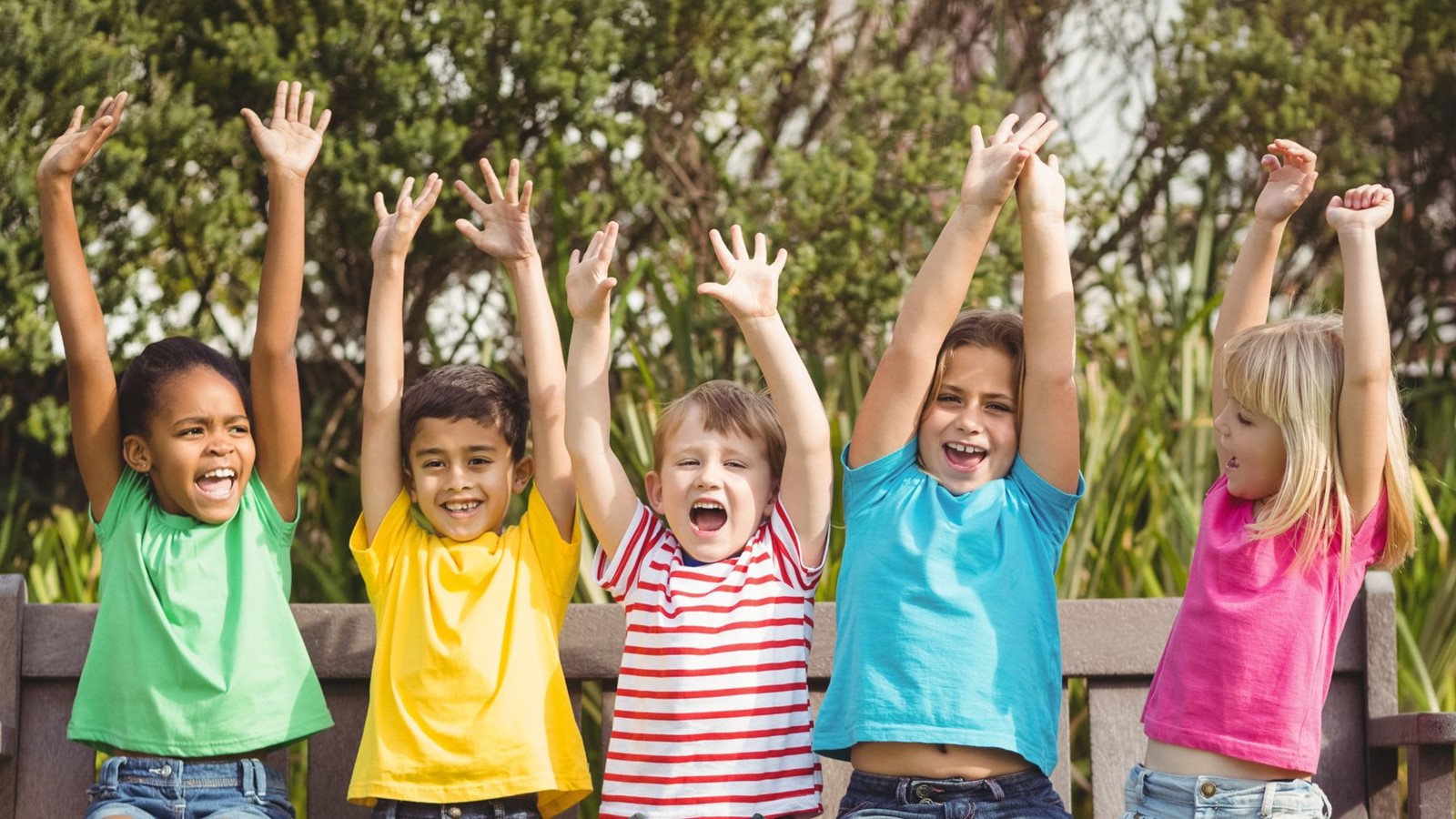In 2010 I qualified as a counsellor from Leeds Metropolitan University. I remember having a conversation with a peer around what we felt we may specialise in in the future. I said I could never work with children as I thought it would be too heart breaking. At that point I didn’t have any clue what neurodiversity was.
Fast forward 11 years and my work has predominantly been with children and young people and now 80% of my caseload is with neurodiverse people.
For anyone to whom neurodiversity is a new word, it’s an umbrella term for people who are autistic, ADHD, dyslexic, have dyspraxia, dyscalculia or Tourette’s syndrome.
My interest in neurodiversity began in schools when referrals were being made for 'angry boys'. Yet when I worked with them I didn’t see anger, I saw bags of energy, bright personalities but high levels of frustrations around not being able to access learning, not knowing why and not feeling like they were understood.
Gladly times are changing, staff have training and are beginning to see past presenting behaviours. They're asking the questions why is that child frustrated, why can’t that child stay still, why does the child appear anxious all the time, why does that child not give me eye contact, why does that child not attend school, why does that child have amazing ideas in discussions but struggles to put them on paper?
But what captured my attention and sparked my passion with these children and young people was their 'superpowers', and this is what we should be encouraging this group to find within themselves, to focus on and to celebrate!
We need to educate people and identify high profile people with neurodiversity to show what a strength it can be and what people can achieve, whether that be the brightest personality with passion (Greta Thunberg), the ability to make people smile no matter what, the most attentive and caring souls, the brilliant scientific brains (Einstein), the best sports people (Simone Biles), the most amazing musicians (Mozart, Will.i.am, Justin Timberlake and Bieber), the best entrepreneurs (Jo Malone, Richard Branson) or the best actors (Emma Watson and Ryan Gosling). Anything is possible!
As a therapist this is my favourite group of people to work with. Whether it's children and young people or adults, I always come out of sessions feeling energised, inspired and privileged to have a small part in empowering them in overcoming barriers and finding their confidence and voice.
As a mum of a boy with ADHD who has been my inspiration, I want him to grow up in an inclusive world, where he can celebrate his superpowers. Yes living with neurodiversity can be a challenge, and yes it can be tough on everyone within a household, but for every tough moment in my house there are so many more amazing moments, more laughs, more spontaneity, more interesting conversation... let’s just say life is never boring. I want my son and every other neurodiverse person to be proud and see that the world needs neurodiverse people.
Some would argue that neurodiversity is a natural evolution because, without the capacity to think outside the box or hyper-focus, some of the best inventions, cures for diseases, businesses, music etc would never have happened and we wouldn’t live in the world we do now. Surely that’s something we should all be celebrating!
For Neurodiversity Celebration Week I have released my first podcast with one of the UK’s best kickboxing coaches who has ADHD. The focus is on celebrating his and his student’s 'superpowers'.
If you want further information on neurodiversity, have a look at

Find out more about Neurodiversity Celebration Week
Read more...

Why we need all secondary schools and colleges to employ a counsellor
Ann Holden writes that "school counsellors add significant representation in an educational setting"

"The need and demand for intervention is high"
Our member Rachael Nevin-Lewis shares her experience of being a school counsellor as the classrooms fill up again

Blogs and vlogs 2021
News, views and updates from our staff, members and counselling clients
Views expressed in this article are the views of the writer and not necessarily the views of BACP. Publication does not imply endorsement of the writer’s views. Reasonable care has been taken to avoid errors but no liability will be accepted for any errors that may occur.
